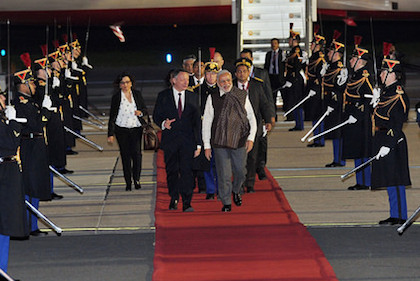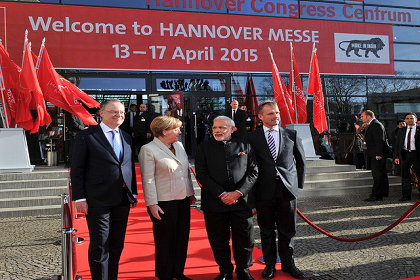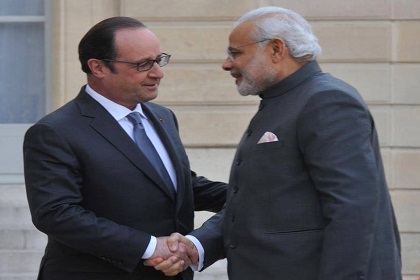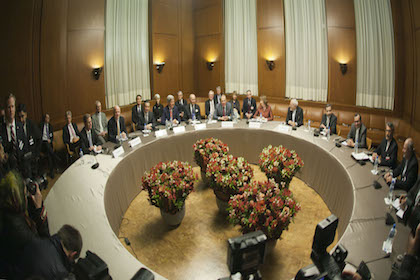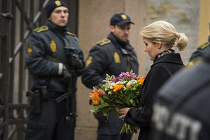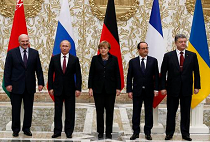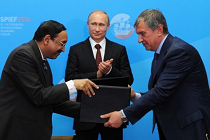How the French media covered Modi’s visit
The French media’s reportage of Modi’s recent visit to France was limited but significant, and inevitably a lot of it was about the Rafale deal. Various other issues were covered, including the nuclear reactor project in Jaitapur. Some newspapers recommended that France must heavily invest in India, while some expressed concerns, but on the whole the coverage has generated enthusiasm

